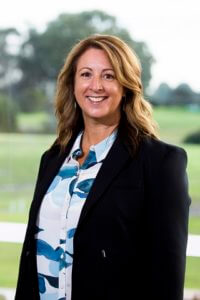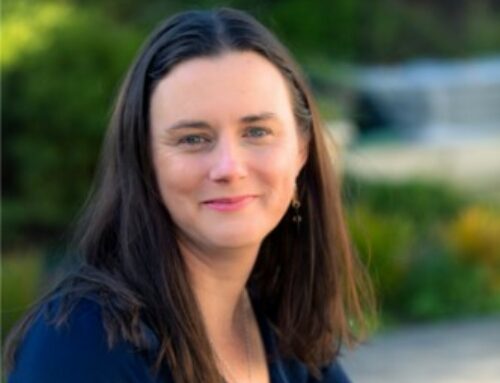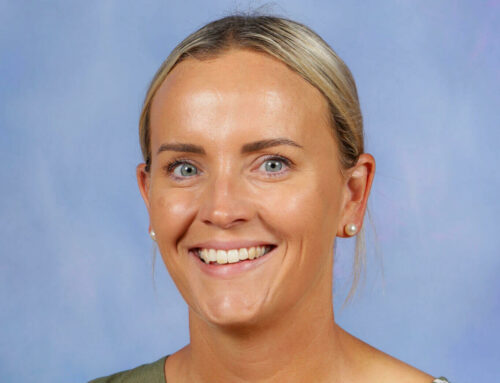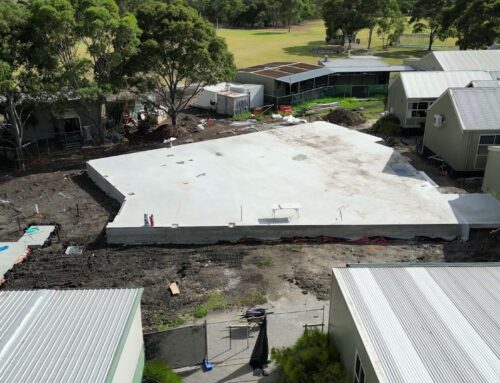Expanding concepts of sustainability beyond simply ‘being green’ lies at the heart of this school’s curriculum
As students begin returning to the classroom, Cornish College principal Nicola Forrest talks confidently about the school’s future, and how the concepts of sustainability, innovation and student-centred learning fit in.
Forrest has been a part of the Cornish College community for the past decade, serving as its deputy principal for much of that time. On becoming principal in August last year, she looked to build on the innovative and progressive thinking of her two predecessors.
“The impetus of our passion for being at Cornish College is our desire for change,” she says. “Discussions are starting to be had around why we need to change how we prepare young people for the world beyond school.
“Schools have been the same for around 100 years … But we have the potential to create a richer curriculum that better prepares students for life beyond the classroom.”
Using the Australian curriculum as their framework, teachers at Cornish are designing classes that are more relatable and dynamic.
“There is no rule that says you have to teach A, B and C in a precise way,” explains Forrest. “Being innovative means bringing bigger ideas to the topics. For example, instead of just studying ancient history, let’s look at that through the lens of conflict and change.
“Students might not necessarily need to know the finer details of the Ancient Egyptians later in life, but they will need to bring broader, more meaningful concepts about change and conflict into their day-to-day lives.”
By cultivating a learning environment that is student-centred, Forrest says the school is helping develop adaptive, agile learners that does not come from “standing at the front of the room telling kids how to think”.
“You can’t solve the world’s problems with just good grades … and schooling communities are starting to recognise this,” she adds. “Many communities are speaking up and saying they want something more for their children.”
Everything that is taught at Cornish, in Melbourne’s south-east, must have concepts attached to it that helps children learn beyond the perimeter of the school. In addition to this, notions of sustainability are routinely interwoven through the curriculum.
“The namesake for the college, [leading local educator] Richard Cornish, acknowledged a challenge of how to do education better for a more sustainable future,” explains Forrest. “So, when we design our curriculum, we design it around the four interlocking rings of sustainability: personal, natural, technological and socio-cultural sustainability.”
Cornish’s holistic approach means looking after the individual within the context of the wider environment, and how our cities and infrastructure can be built while preserving histories, cultures, languages and political movements that help societies function in sustainable ways.
“If we were just a ‘green school’ then we would be neglecting these other dimensions,” says Forrest. “Curriculum design is what we always come back to – specifically, how do these rings of sustainability come into lock step with education.”
As Cornish College’s third principal, Forrest brings a determination for sustainable change. She says the greatest challenge is not in what lies ahead, but in throwing off the shackles of the past.
“We are ready to be the school that challenges out-dated norms and traditions about schooling, and instead transition to a realm where our school structures and curriculums are more responsive to the modern world, in order to make a difference for our kids’ futures.”
The Age 2020 Independent Schools Guide
By Portia Conyers-East




